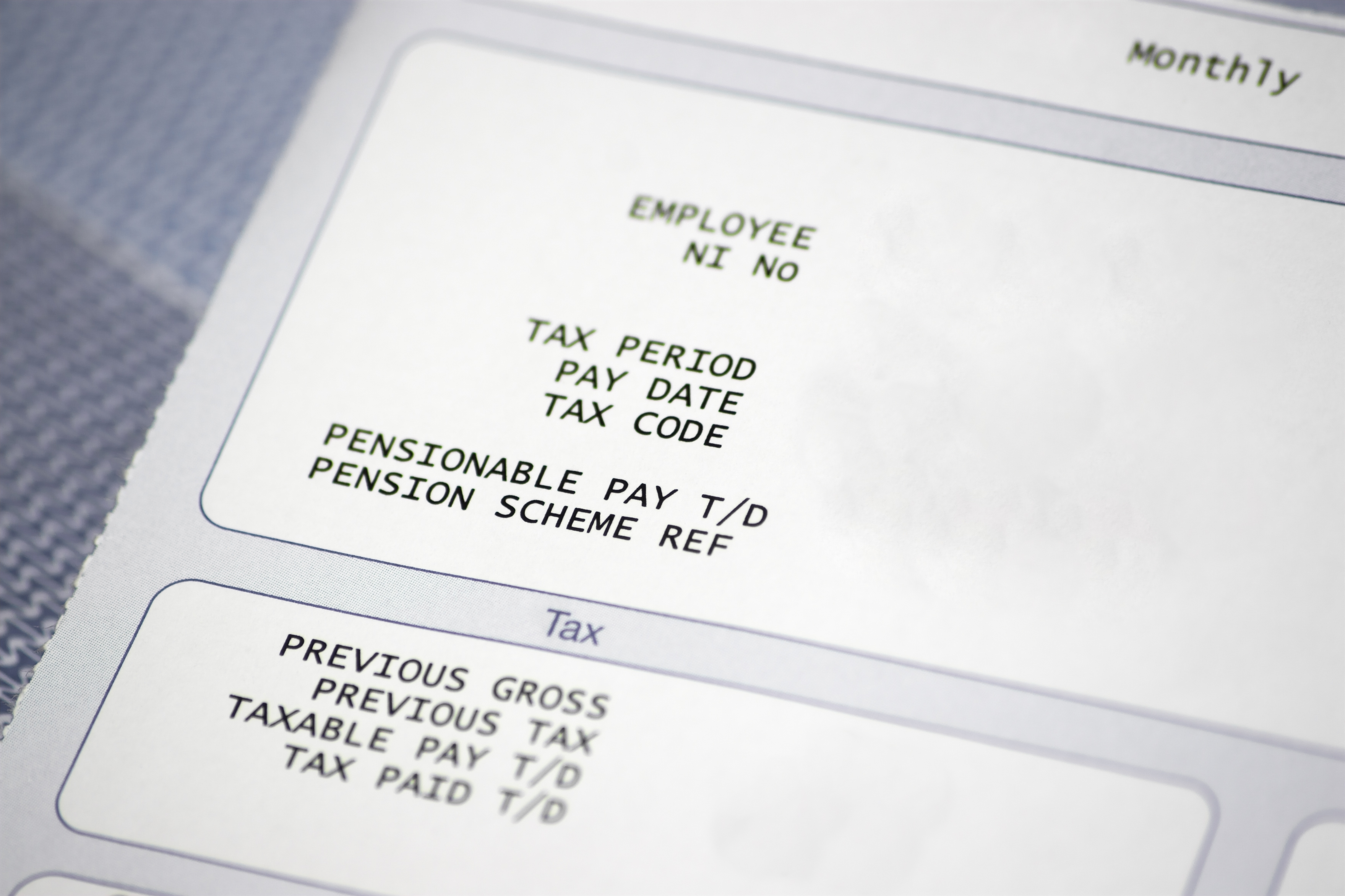Will I get an income tax rebate? How parents can check and why you should check now
As the end of the tax year approaches, you could be due an income tax rebate if you've changed jobs, gone part-time or gone on maternity leave
Sarah Handley

You may qualify for an income tax rebate if you've changed jobs, gone part time or have gone on maternity leave - and it's something that all parents should check to make sure you can get back any money you have overpaid.
With an estimated one in three people paying too much income tax, it could be that you have been overpaying and could be owed potentially thousands of pounds in the form of an income tax rebate.
As the cost of living remains high, families are feeling the financial pressure across the board. And while an income tax rebate will be a pleasant bit of extra cash to help ease the squeeze on your finances, there is an important fact to remember.
Goodto.com's Money Editor, Sarah Handley says: "While you could be owed money if you've paid too much tax, it is equally possible that a tax code error means you have underpaid and actually owe more tax. If you have underpaid, you will have to pay it back eventually, so it's best to find out as soon as possible."
The deadline to claim for overpaid tax from the 2018/19 tax year is 5 April 2022, so act fast to get your income tax rebate if you're owed.
Will I get an income tax rebate?
In simple terms, you will get an income tax rebate if you have paid too much income tax. This is measured over the course of the tax year, which runs each year from 6 April to 5 April the following year. Most people find they are due a tax rebate if they are put onto the wrong tax code.
For example, if you’ve changed jobs or gone on maternity leave during the tax year and your Pay As You Earn (PAYE) code is not adjusted properly, you may have overpaid income tax and be due a rebate. If you switched from full-time to part-time work you may have also overpaid.
Parenting advice, hot topics, best buys and family finance tips delivered straight to your inbox.
How will I know if I am due an income tax refund?
It’s best to never assume that you are on the correct tax code. You should definitely double check your tax code if you have recently:
- Started your first job
- Changed jobs
- Gone on maternity leave
- Started getting employee benefits like a company car or health insurance
- Been earning income from more than one source, whether a second job or taxable state benefits
- Retired or have more than one pension.
To check your tax code for the current tax year, previous tax year, and upcoming tax year, you can take a look at the government website.
An online tool such as the MoneySavingExpert tax code calculator is also really useful. This will compare your current tax code to the most common tax code for your salary. While just an estimate, it could be a good indicator of an incorrect tax code.

How to check your tax code
You should be able to find your tax code on your payslip. You could also find it on a P60 or P45 form that you may have been sent by your employer. It will be a series of numbers and letters, for example, 1257L. 9If you live in Scotland, there will be an S at the beginning of your tax code. If you live in Wales, your tax code will begin with a C.0
The numbers refer to how much you can earn without paying tax. This is also known as your personal allowance. On tax code 1257L, your personal allowance is £12,570 for the current tax year. The letter L means you are entitled to a standard tax-free personal allowance.
If your tax code ends in W1, M1 or X, that is a sign you are on what is known as an emergency tax code. This can happen when there is a delay in HMRC receiving details of a change in your circumstances. Being on an emergency tax code can result in you paying more in income tax than you ought to.
If you are unemployed or self-employed, you won’t have a tax code. In the case of being unemployed, this is because you won’t pay tax. If you are self-employed, you pay tax through a process called self-assessment.
If you think you are on the wrong tax code, it’s important to contact HMRC - the government department for the collection of taxes - as soon as you can.
Have I overpaid income tax and how do I get it back?
If you’ve looked at your tax code and think you may have overpaid your tax, you can use the government income tax calculator to estimate how much you may be owed. You can then take this estimate to HMRC either by letter, filling out an R38 form, or logging onto your personal tax account to claim a refund. How long it takes to get an income tax refund depends on how much you are owed.
If you have overpaid in the current tax year on your current tax code, HMRC can inform your employer to pay it back. The overpayment can be paid back to you in your pay packet each month until fully refunded.
If, at the end of the tax year, HMRC has found you have overpaid tax, you should receive a P800, or Simple Assessment, letter. This will also explain how you can claim what you are owed via the government’s website.
The tax year ends on 5 April 2023, so don’t expect such a letter before then - it usually arrives around September time.

You should be able to find your tax code on your payslip
How long does it take to get an income tax rebate?
If you get a letter that says you can make your claim online, you will get a refund in your bank account in around five days. If you do not claim within 21 days, the government will send you a cheque in the post. You will get this cheque within six weeks of the date on your P800.
However, if your letter states that HMRC will send you a cheque, you do not need to make a claim. You should automatically receive your cheque within 14 days of the date on your P800. If you have contacted HMRC saying that you think you are on the wrong tax code, and they agree, they will then send you a P800.
How do I know if I’ve overpaid in previous years?
If you think you might have been on the wrong tax code for more than the current tax year, all is not lost. The good news is that you have four years from the end of the tax year to claim a refund. For example, the deadline to claim tax overpaid in 2018/19 is 5 April 2023.
You should know if you’ve overpaid income tax in previous years because HMRC reviews everyone’s earnings at the end of each financial year. This is the case whether you pay tax via PAYE or by filing a tax return. Under this annual review, you should receive an income tax rebate automatically from HMRC if you are owed one.
If you’ve found that you’ve overpaid outside of the four-year claim window, you may still be able to claim. Speak to HMRC to see if your circumstances mean you are still eligible for a refund.
What happens if I’ve underpaid my income tax?
By checking your tax code, you may have also found that you have in fact underpaid income tax. If you’ve underpaid, you will be notified by a P800 letter. The P800 letter will explain if you can pay what you owe online. Usually, you’ve underpaid your income tax because you have changed jobs or have more than one source of income.
HMRC is obligated to notify you of underpayment within 12 months and usually does so between June and October.
If you have underpaid tax and you have PAYE income, HMRC should try to collect the tax through your PAYE code in instalments. This should take place over the following tax year. Depending on the amount you owe, they may ask for it in a lump sum.
However, if this is going to be a struggle for you, you can ask HMRC to arrange a payment plan. This means you can spread what you owe over a longer period of time - sometimes several tax years. In the event HMRC does not notify you of the underpayment error within 12 months you can ask them to drop any payment demand.
Video of the Week:
- Sarah HandleyMoney Editor, GoodtoKnow